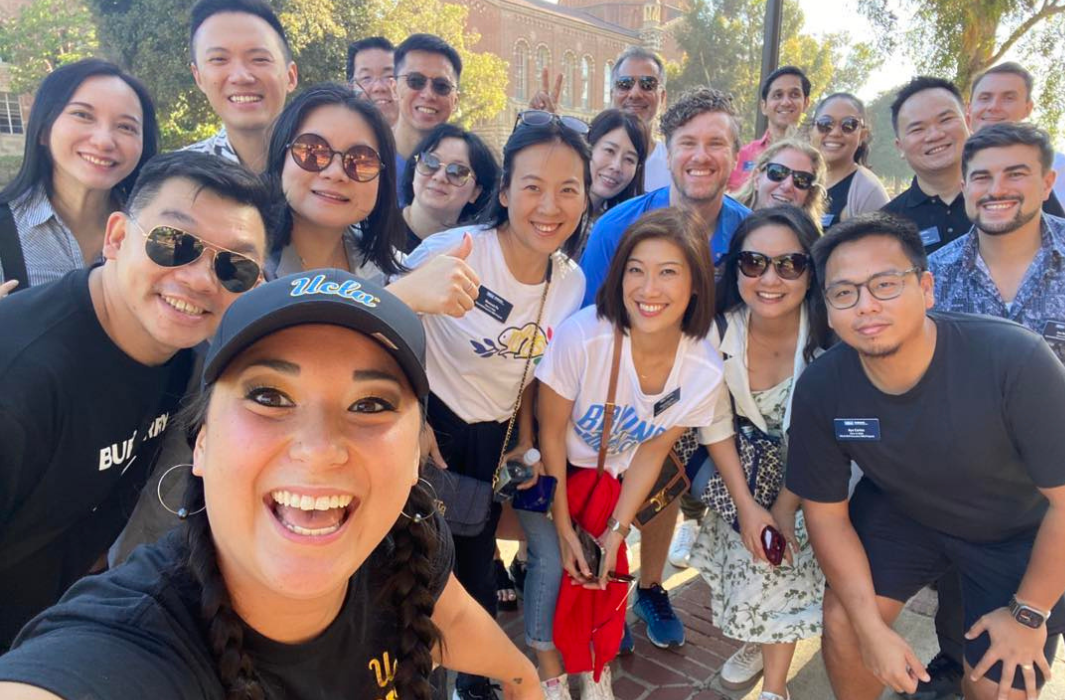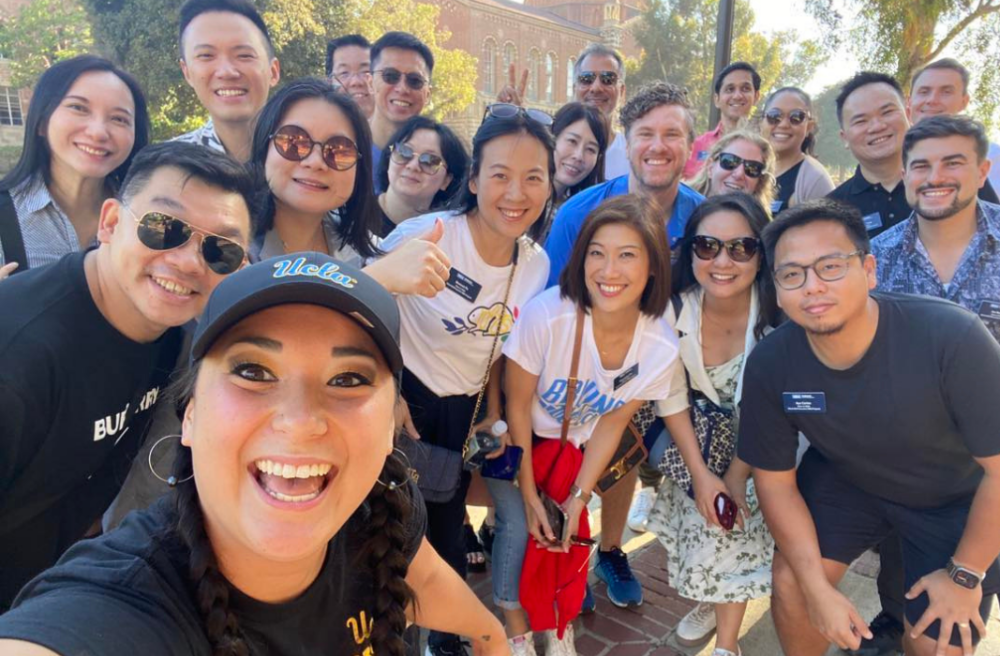Cassia Cameron is on a mission to save the planet by upcycling plastic waste. She works for outdoor brand Patagonia as Senior Materials Developer, sourcing materials such as plastic waste for fabric development.
“Raw materials are one of the most accessible ways to drive change for sustainability in the apparel industry. As the industry looks to reduce impact, recycled materials are essential to reducing overall emissions and waste on the planet,” said Cassia. Recycling plastic prevents it from ending up in landfills and oceans, thus protecting the environment.
“As someone passionate about nature and the outdoors, I want to help eliminate the use of harmful materials and chemicals that impact both human and animal life,” said Cassia, who loves to ski and hike in her native California.
Cassia’s parents influenced her on the sustainability path. “Growing up, my mother would say to me, ‘Use what you got!’ teaching me to be considerate and mindful of the resources I use, like clothes,” said Cassia. Her father, a textile engineer, was the reason why she studied at the North Carolina State University’s Bachelor of Science in Fashion and Textile Management, Fashion Development and Product Management.
Recycled fashion for charity
At North Carolina State University, Cassia learned to cut and sew, pattern-making and design. “I’ve repaired most of what I own, from quick patches for holes in garments to reassembling and redesigning used clothing. I once created an entire fashion line of clothing from damaged clothing and auctioned the pieces off for charity!” she said.




